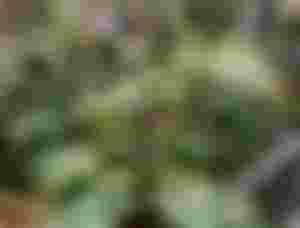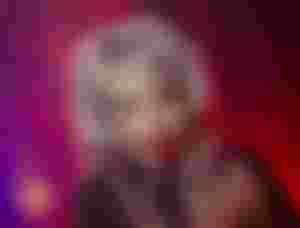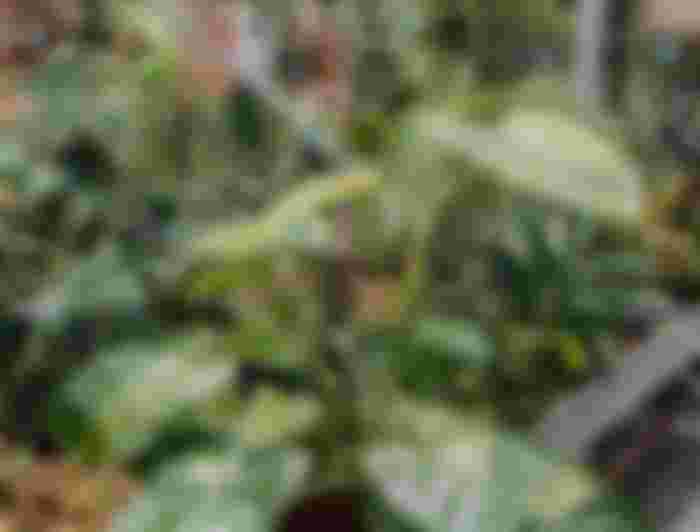Making your own blend of herbal teas can be a creative adventure just as long as you are certain of the herbs you are using. Not all herbs are safe for consumption especially when pregnant, nursing or you have a serious medical condition such as diabetes. Always consult your doctor before making your own herbal teas.

Although not a cure, many herbs can provide some relief to health-related symptoms, depending on your specific need.
Angelica - Used for heartburn, arthritis, insomnia, and common allergies such as a runny nose. Should not be used by pregnant or nursing women.
Anise - An herb used for medicinal purposes as an aid for upset stomach, common allergies with a runny nose, and appetite stimulant.
Bearberry Leaf- A Native American herb used for aiding in urination and preventing the growth of bacteria in urinary tract infections.
Blackberry Leaf - Is an herb that contains powerful antioxidants. Blackberry leaves are used as an aid for sore throats, canker sores, and as an anti-aging benefit.
Chamomile - A common herb used in many homes to help aid in relaxation and sleep for anxiety and insomnia sufferers.
Damiana - Is known for its aphrodisiac benefits, but has also been used as an antidepressant aide, dream enhancer, nervous system tonic, relief for PMS in women and can help increase energy levels.
Feverfew - The herb is known for its beneficial properties in reducing fever, migraines, toothaches, and arthritis pain.
Ginkgo - The herb is used to treat allergies, memory loss associated with ADD, ADHD, and Alzheimer’s disease, respiratory infections, depression, and anxiety.
Lavender - The herb is commonly used for medicinal purposes such as anxiety, stress, and depression symptoms that are commonly associated with ADHD.
Mullein - The herb has been used as an aid for respiratory infections, cough, allergy symptoms, and asthma.
Mugwort - Mainly used as a tonic herb to boost energy levels for those who have fatigue. Mugwort may also help reduce insomnia and aid in lucid dreaming.
Passionflower - Used to help reduce anxiety and insomnia. The herb has also been used to help the symptoms of attention-deficit hyperactivity disorder.
Sage - Not just for cooking or cleansing the negative energy in your home, the sage herb may also be beneficial for reducing hot flashes that are associated with menopause. The herb may even help reduce cholesterol levels.
Wood Betony - Also known as hedge nettle, the herb is a favorite among the old-world and has been used for centuries as an aide for respiratory infections, heartburn, and urinary tract infections. The ancient herb was thought to have powerful magical properties as well and could protect against negative energy and evil spirits.

You could blend any of the above herbal blends together, but do your research to be sure the blends won't counteract with one another or be too potent for your health concerns.
To make one cup of herbal tea, simply steep 1 tablespoon of your choice of herbs into hot water for 20 minutes. If you are needing a stronger herbal tonic, allow the herbs to steep for up to 2 hours.
Herbal teas are always best when warm and without the addition of sweeteners.

